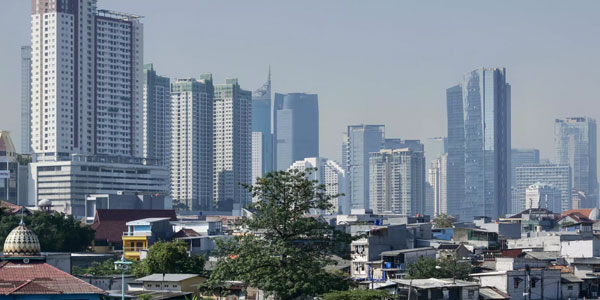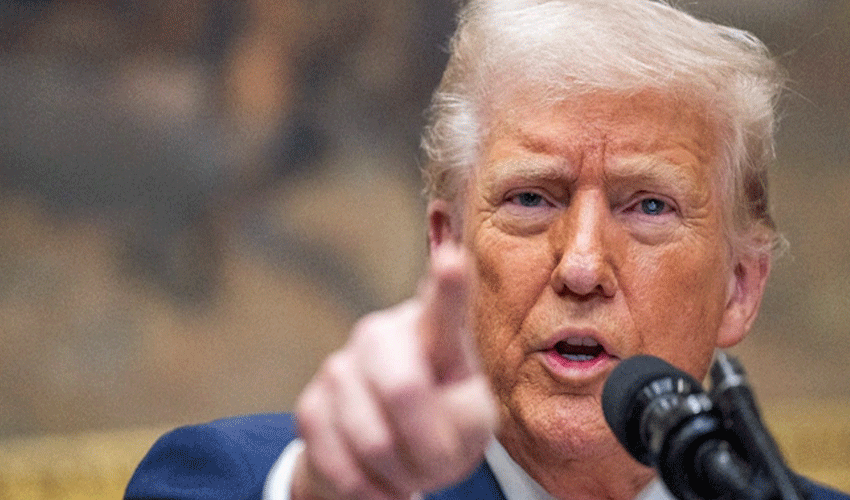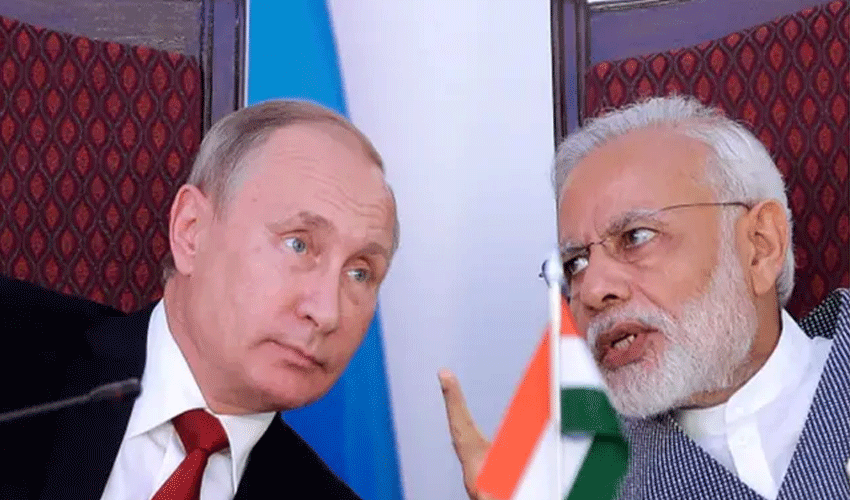In Jakarta's bustling Tanah Abang, Southeast Asia's largest textile market, 35-year-old Tanjung calls out to passersby while selling his merchandise.
However, the market is quieter than usual, with some stalls closed, as many merchants express concerns about the impact of TikTok's growing e-commerce platform on their businesses.
Indonesia has witnessed a surge in spending on the Chinese-owned TikTok app, with TikTok Shop rapidly gaining a significant market share in the region since its launch in 2021. However, this growth has raised concerns among local sellers who rely on offline buyers.
Tanjung, like many others at Tanah Abang, has voiced his concerns, stating, "We want the government to close TikTok Shop, or at least regulate them. I feel bad for my employees." He notes that the prices of products on TikTok Shop often undercut his business, affecting his employees' livelihoods.
The situation has been dire for Tanjung, with his daily revenue dropping over 80 percent in recent months, leading to the layoff of five of his 30 employees. Current laws in Indonesia do not cover transactions through social media platforms like TikTok, Facebook, or Instagram.
However, President Joko Widodo has hinted at new regulations for social media transactions, aiming to address what the government sees as monopolistic practices. Experts believe that such regulations would level the playing field for local businesses, ensuring that social commerce is on par with e-commerce and traditional retailers.
Nailul Huda, a researcher at the Institute for the Development of Economics and Finance, suggests tightening regulations on imported goods and offering incentives for local products as part of these measures.
TikTok has defended its role in supporting Indonesian businesses and consumers, with Anggini Setiawan, TikTok Indonesia's head of communications, highlighting that nearly two million local businesses use TikTok for social commerce.
Indonesia is TikTok's second-largest market with 125 million users, representing 42 percent of its $4.4 billion regional gross merchandise value (GMV) in the previous year. Despite TikTok's contributions, market sellers like Atinah express the desire for regulation to ensure fair competition as they grapple with the changing retail landscape influenced by the platform.



























